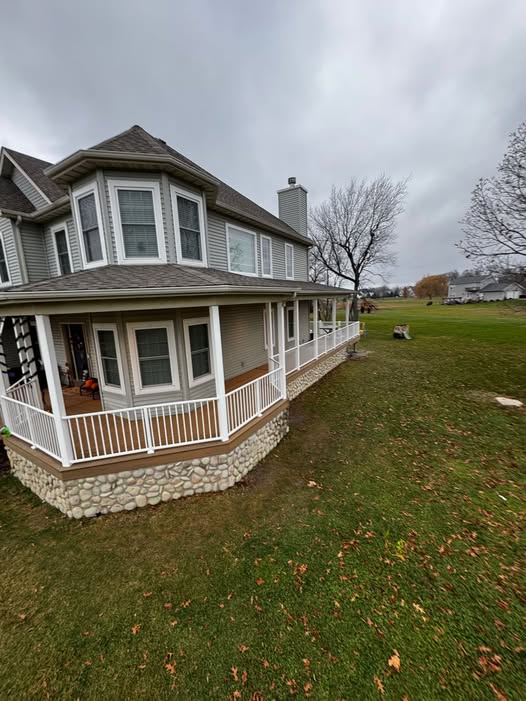
The Future of Sustainable Construction: Eco-Friendly Practices to Watch Jul 02, 2025
Sustainability begins with smart design. Incorporating green architecture principles not only minimizes ecological footprints but also enhances efficiency. Passive design strategies, like optimizing natural light and ventilation, significantly reduce energy consumption. By strategically placing windows and shading devices, buildings can maintain moderate temperatures naturally, minimizing the need for artificial heating and cooling.
Another crucial element of sustainable construction is the selection of materials. Traditional building materials often have a hefty carbon footprint due to energy-intensive production processes. In contrast, sustainable construction emphasizes the use of eco-friendly materials such as reclaimed wood, recycled steel, and low-VOC paints. These materials not only reduce environmental impact but also improve indoor air quality by minimizing toxic emissions.
Incorporating smart technology is another pivotal trend in eco-friendly construction. Smart homes equipped with energy-efficient systems can drastically reduce energy consumption. Features like smart thermostats, LED lighting, and water-saving fixtures can be integrated to monitor and optimize resource use. These technologies provide long-term savings and reduce the carbon footprint of a building.
Water conservation is equally vital in sustainable construction. Innovative water management systems, such as rainwater harvesting and greywater recycling, are becoming standard practices. These systems capture and treat water for reuse, significantly reducing the demand for fresh water. Additionally, landscape design that incorporates drought-resistant plant species can further minimize water usage.
The future of sustainable construction also points toward modular and prefabricated building techniques. These methods reduce waste and construction time while promoting energy efficiency. By assembling components off-site, these techniques ensure precision and minimize errors. Prefabrication also lowers transportation emissions by decreasing the number of necessary shipments to construction sites.
Moreover, the integration of renewable energy sources is crucial in achieving sustainability. Solar panels, wind turbines, and geothermal systems are becoming more accessible and affordable. These technologies can significantly reduce reliance on fossil-fuel energy, promoting a shift towards carbon-neutral buildings. At Risner Construction, we help our clients explore options for integrating renewable energy systems tailored to their specific needs and locations.
The rise of sustainable construction also brings a shift in industry practices. Buildings are now designed with end-of-life recycling in mind. This concept encourages the reuse of materials at the end of a building's lifecycle, reducing waste and promoting a circular economy.
In conclusion, the future of construction lies in sustainable practices, which offer both ecological benefits and long-term savings. At Risner Construction, we are dedicated to advancing eco-friendly building methods that meet the needs of our clients and the planet. Whether you are considering a new build or remodeling an existing space, integrating these sustainable practices can enhance the value and efficiency of your project. Together, we can build a sustainable future, one eco-friendly project at a time.
/filters:no_upscale()/media/a2b877b1-dd90-4c5c-a8e1-f3010603b0a4.jpeg)